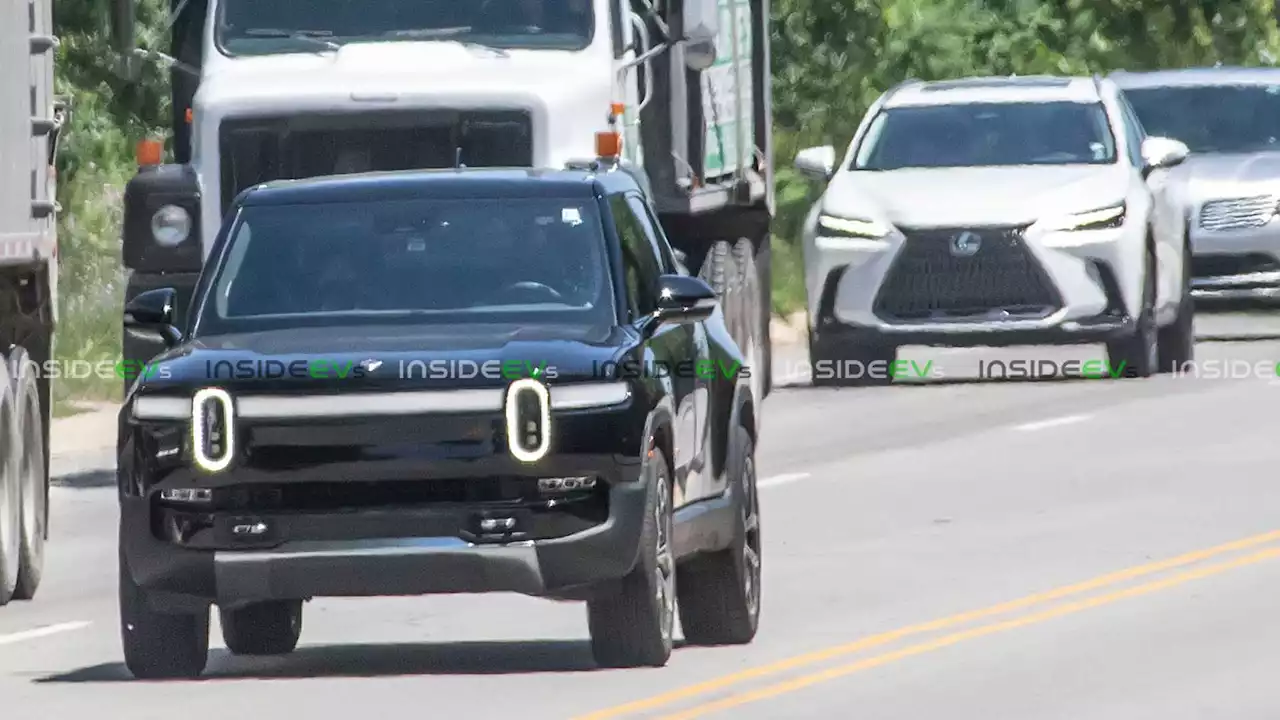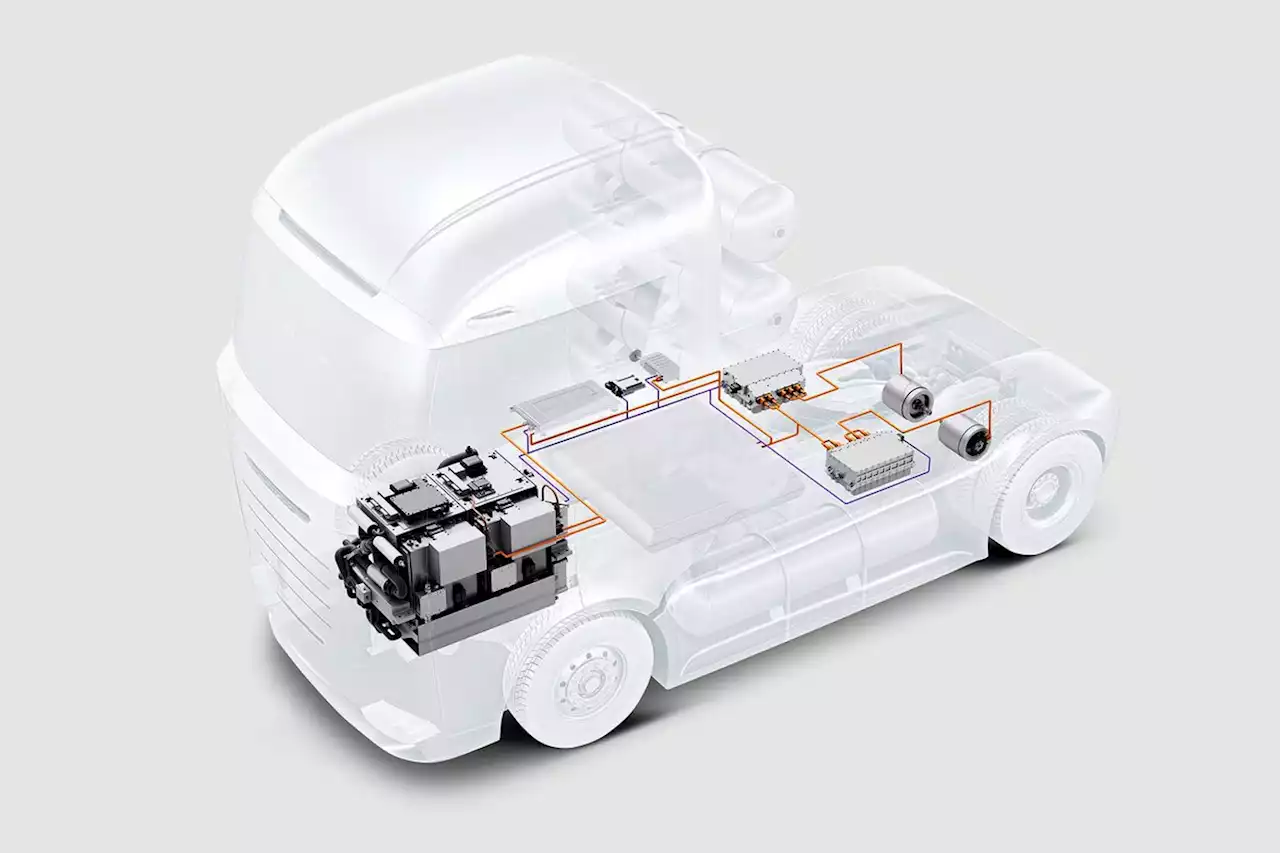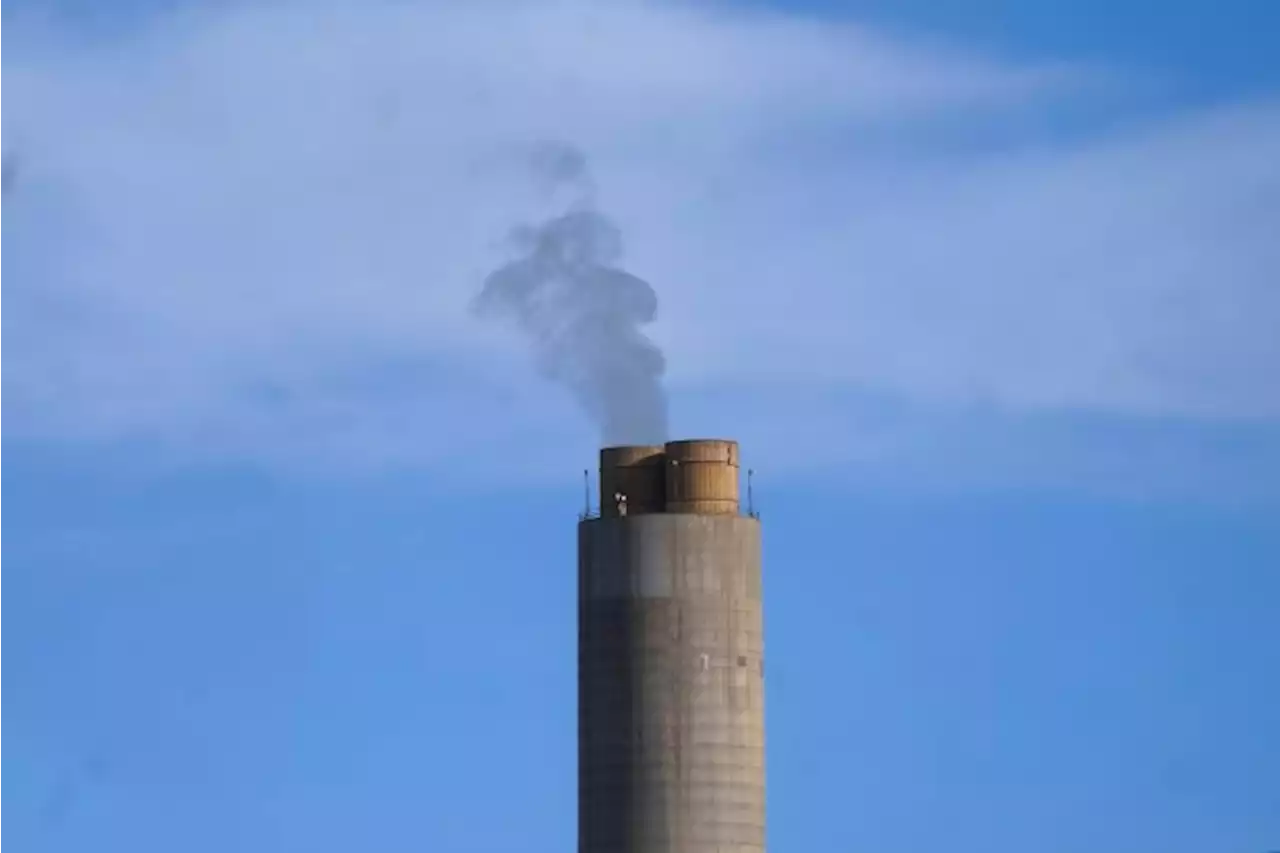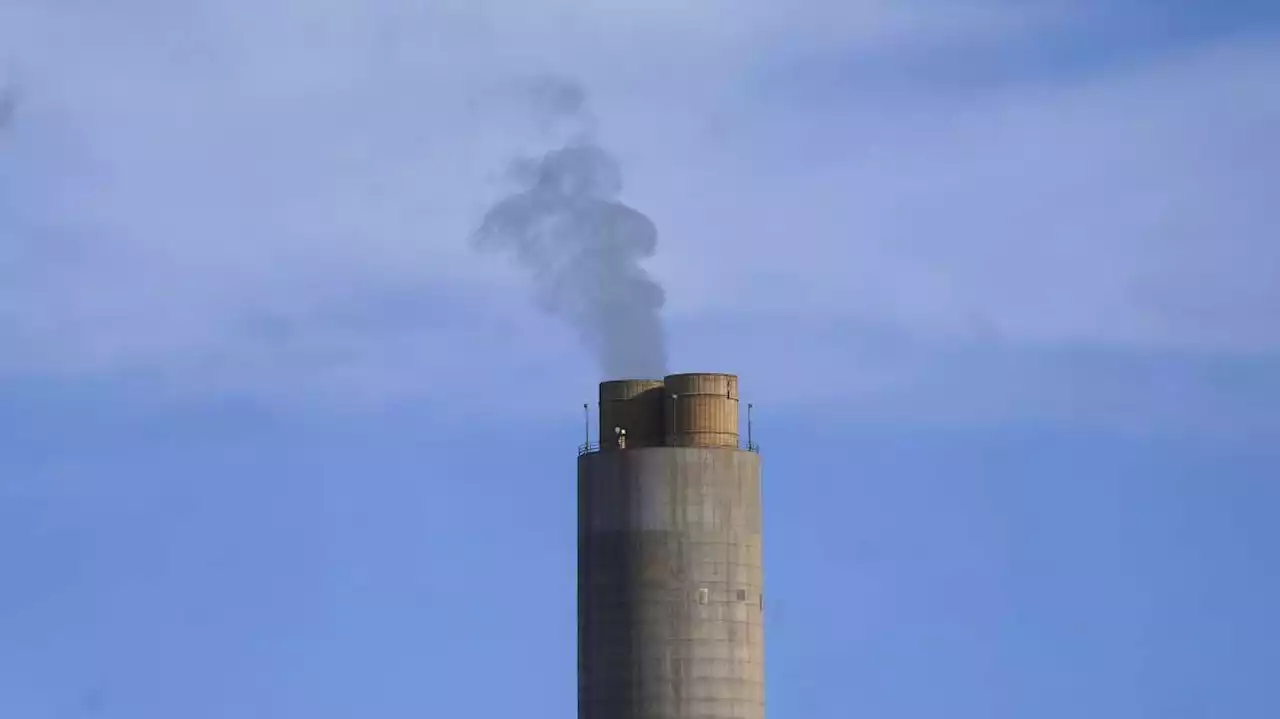BILITI Electric has just unveiled what it says is the world’s first hydrogen fuel cell powered tuk-tuk.
. Depending on the model and configuration, the electric tuk-tuk’s Li-ion battery can be fully recharged in 3 hours, offers a range of 100km/charge, has a top speed of 50 kilometers per hour, gradeability of 20°, and a payload of 600 kilogram. BILITI’s SmartSwapp technology allows the vehicles’ batteries to be swapped in less than one minute.
BILITI believes that there is a segment of the 3-wheeler market that would benefit from a hydrogen fuel cell version of its tuk-tuk. BILITI Electric has just unveiled what it says is the world’s first hydrogen fuel cell powered tuk-tuk.BILITI FastMile HFC tuk-tuk has a quick refuelling time of less than 3 minutes and offers a long range of up to 130 miles. The vehicle comes with a superior motor that offers a gradeability of 20°, and payload capacity of 1500 lbs.
“This is a major step towards shaping the future of hydrogen energy and fuel cells for global markets. We are transforming the application and commercialization of HFCs by bringing the technology to compact and affordable vehicles as well.” says Rahul Gayam, CEO of BILITI Electric The main difference is that BEVs contain a large battery to store electricity, while FCEVs create their own electricity by using a hydrogen fuel cell. Global three-wheeler refuelling market is worth $40 Bn annually. At a price point of $7/kg of hydrogen, 3W FCEVs achieve price parity with their conventional counterparts fuelled by petrol or diesel.
BILITI is making a bet on HFC tuk-tuks perhaps for specific use cases and duty cycles in the last mile and on campus setups, perhaps as manufacturers of forklifts are also looking at HFC forklifts. However, the general feeling around here has been that fuel cell vehicles are probably worth a look for the really heavy goods transport segments such as shipping. Let us know what you think in the comments below.
Singapore Latest News, Singapore Headlines
Similar News:You can also read news stories similar to this one that we have collected from other news sources.
 Toyota To Partner Up On Small Electric Vans, Fuel-Cell Electric TrucksToyota plans to work with peers on an electric pickup with fuel-cell technology. The brand is also reportedly developing small electric commercial vans.
Toyota To Partner Up On Small Electric Vans, Fuel-Cell Electric TrucksToyota plans to work with peers on an electric pickup with fuel-cell technology. The brand is also reportedly developing small electric commercial vans.
Read more »
 Toyota plans to roll out hydrogen fuel-cell trucks for the Japanese market next yearToyota started working on the development of fuel-cell vehicles back in 1992.
Toyota plans to roll out hydrogen fuel-cell trucks for the Japanese market next yearToyota started working on the development of fuel-cell vehicles back in 1992.
Read more »
Toyota, Suzuki, And Daihatsu To Develop Mini Electric Vans And Fuel Cell Trucks | CarscoopsToyota, Suzuki, And Daihatsu To Develop Mini Electric Vans And Fuel Cell Trucks | Carscoops carscoops
Read more »
 New hydrogen fuel cell factory to open in UK in 2024 | AutocarUK-based catalytic convertor and hydrogen technology specialist Johnson Matthey will open an £80 million hydrogen fuel cell component factory in 2024
New hydrogen fuel cell factory to open in UK in 2024 | AutocarUK-based catalytic convertor and hydrogen technology specialist Johnson Matthey will open an £80 million hydrogen fuel cell component factory in 2024
Read more »
 Can green hydrogen save a coal town and slow climate change?Developers in rural Utah who want to create big underground caverns to store hydrogen fuel won approval for a $504 million federal loan this spring.
Can green hydrogen save a coal town and slow climate change?Developers in rural Utah who want to create big underground caverns to store hydrogen fuel won approval for a $504 million federal loan this spring.
Read more »
 Can 'green hydrogen' save a Utah coal town and slow climate change?Developers in rural Utah who want to create big underground caverns to store hydrogen fuel won approval for a $504 million federal loan this spring.
Can 'green hydrogen' save a Utah coal town and slow climate change?Developers in rural Utah who want to create big underground caverns to store hydrogen fuel won approval for a $504 million federal loan this spring.
Read more »
